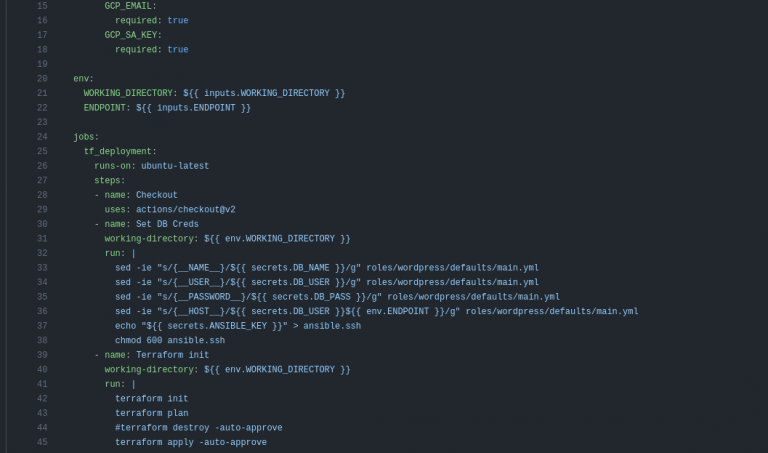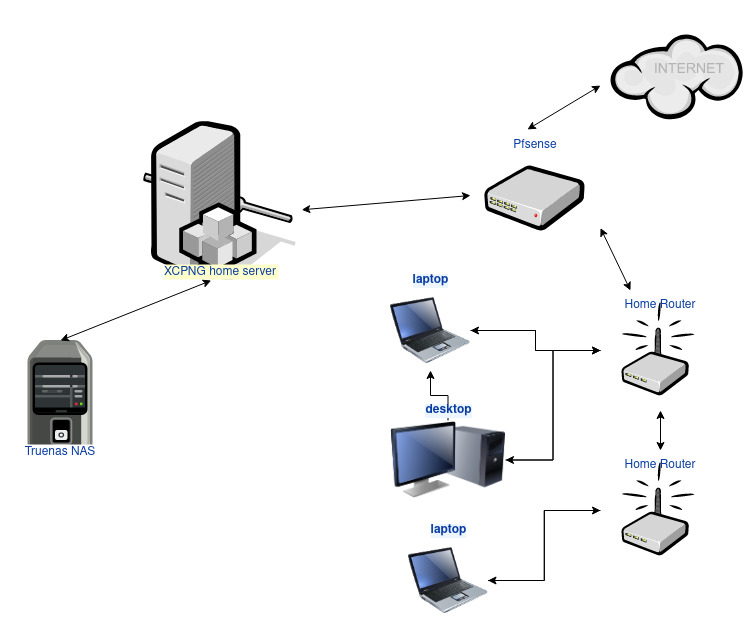Linux and the free and open source software(FOSS) movement have had an immense impact on the world. Establishing itself as the defacto norm for the how the internet works. It has enabled the internet to remain low cost while at the same time exceptionally robust.
This is a perspective you can find almost anywhere. But it is a fact worth repeating often. As much as Linux and FOSS have had enormous impacts on the world. The philosophies of Richard Stallman and the GNU foundation have elevated my life in ways that I wish to outline here.
The Beginning
I first started using the internet in the mid 90’s during the Unix wars. The landscape of the internet was significantly different back then. I am not ashamed to say, as an 11 to 15 year old boy, my primary use of the internet was to download free stuff. From cracked games to music, it was all at my fingertips. As I grew older my love for computer electronics culminated in an ambition to become a video game developer.
There are many people in this world who could have sat down with their parents and discussed their goals in life and persuaded them to pay for some, if not all of the cost for a license of the handful of applications used to develop games that were available at the time. As the third child in a lower middle class family who’s requests for products or money were almost unanimously met with not now, or we can’t afford it, that was not an option for me.
Now I could have downloaded cracked versions of the most popular software. But a shining beacon presented itself to me in the form of shareware. Applications that either provided limited use with a paid upgrade plan or full features for a limited time. Many of these applications restrictions were easily circumvented. I eventually settled on two applications to train with. Milkshape 3D, a 3D modeling program that was an alternative to 3D studio max and Dark Basic, a game engine that allowed for programming in basic which was an en vogue coding language style at the time.
While I diligently studied and became relatively proficient at these applications, for reasons I am not willing to divulge I ultimately did not pursue my ambitions to become a game developer. In fact it would take almost two decades before I was able to use the skills I gained from that time in any meaningful way.
The Discovery
Fast forward 20 years later. I had been maintaining my love for computer electronics by running a Windows based FTP server for hosting my video collection and soft modding game consoles. I had somewhat wanted to learn how to host websites and gain the abilities of a systems administrator. But due to Windows locked down nature it was immediately apparent that gaining such skills on the Windows OS was not an option or at least not viable for me. In fact at this time I had become disillusioned with Microsoft and Windows and the only windows machine in my house at the time was the media server, the other devices being a Mac or game consoles.
It was my pursuit of an alternative to Windows that lead me to Linux. Mac OS has very limited driver support and is nearly impossible to install on a regular PC. This was the option I initially chose. But after a successful installation I ran into some quirks while running the OS. My choice of Linux was not immediate as I gave up on the project entirely, relegating the tower to a corner of my closet for some time. However upon my discovery of Linux a whole new world opened up for me and I had the perfect device to begin my experimentation’s.
The first device that I installed Linux on was a tablet laptop hybrid. I started with Debian 10 Buster. With the exception of the wifi, everything just worked and that was quickly fixed after following a tutorial online. My curiosity piqued and I began to scour the web for as much information on Linux a I could possibly find.
The documentation was vast and robust. I quickly learned that Linux powers 90% of the top websites around the world. I delved through different FOSS projects and discovered the perfect web application to start my journey. Matrix chat. A chat service and aggregator. A project endorsed and used by the French government that allows user to direct the myriad of text based communications into one location.
Rapidly I installed the application, the Nginx reverse proxy, setup the DMZ, setup the port forwarding, registered a dynamic DNS and implemented SSL encryption via Letsencrypt. I now had a working web application. What’s next?
The Change
After gaining my new abilities, I was ravenous in trying to find a manner in which I could use and expand my skills. Personal projects proved to lack the scope necessary for my desires. I then began to look around for people and organizations that would allow me to develop my skills on their behalf.
I eventually began working with an not for profit called the Workers Action Movement. They allowed me to setup a Matrix chat server and Jitsi meets, a web conferencing solution, for their organization. I even attempted to setup SAML in preparation for future unforeseen projects. This had to be abandoned after I discovered that Bcrypt was not supported by the LDAP application. There is an abandoned Bcrypt module for LDAP, but I lacked the necessary C programming skills to make a fork and integrate it.
At this point I had zero intention of turning my passion into a carrier choice. But that all changed with the pandemic and lock downs. Working in construction at the time. I was laid off with little information as to when I would be able to go back to work or for how long government assistance would last. I looked around and saw that the only people whose employment was not negatively impacted were those working in tech.
I initially intended to become a Linux Systems Administrator, but when looking at the job listing and descriptions it became apparent that DevOps Engineers had taken over the space previously occupied by the SysOps role. Looking through the required applications and resources that I would need to transition to this career path, I was pleasantly surprised that all the applications were FOSS and that there was an abundance of free content in the instruction of these services in the form of videos on YouTube and blogs. At the worst economic point in my adult life, all the resources for me to make a change in my life were there at my finger tips. I could pursue my goals to expand my knowledge and gain the skills necessary to become a DevOps Engineer without it costing me a dime. And that is exactly what I did.
Conclusion
Apart from portraying myself as some sort of cyber thief, it is my aim to demonstrate that for many people in the world, even the smallest financial requirement can be an impediment and free is the only option. FOSS has grown and become viable business model, albeit mostly for the largest projects. But for me FOSS’ greatest value doesn’t lay in it’s economic viability.
It is important to site that historically knowledge was kept in monasteries and universities, walled off from the masses. It wasn’t until the public libraries that ordinary individuals gained access to the troves of information that were once exclusive to the most wealthy among us. FOSS and the philosophy of the GNU foundation is the modern day extension of what was started with the public libraries. It allows for people who wouldn’t otherwise be able to, whether it be because of their economic standing or lack of scholastic motivation, free and unfettered access to knowledge. And for me this is the greatest value of free and open source software.


